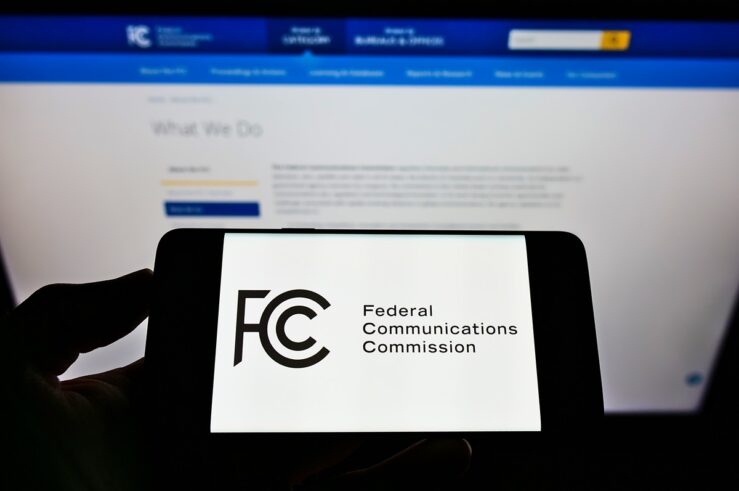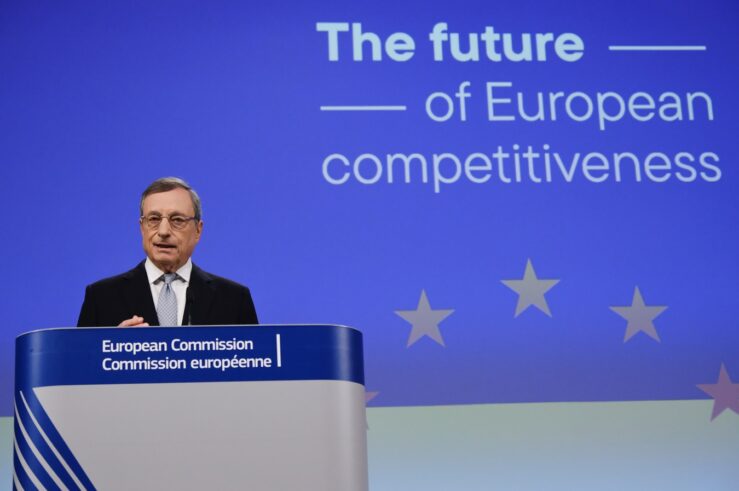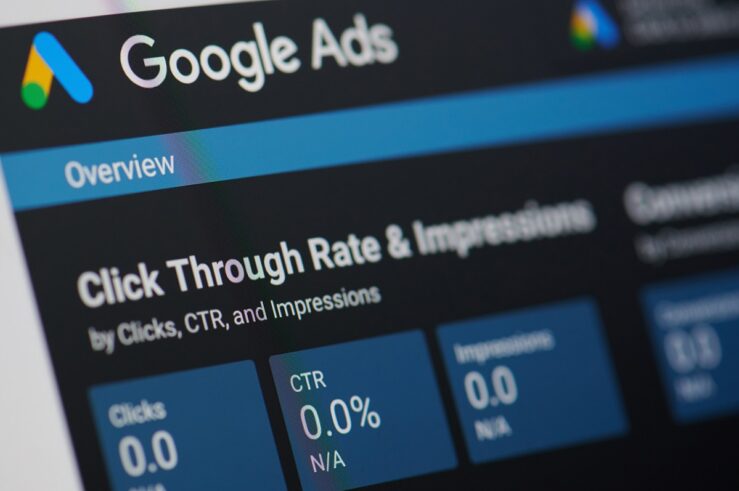Showing archive for: “Platforms”
European Competition Law Is Lost at Sea
Imagine a world where digital-competition policy was guided by a desire to foster startup activity, competitiveness and, ultimately, growth. Competition policymakers would promote market conditions that enable new digital services to rapidly launch, gain user traction, and achieve greater scale. All of this would improve productivity, drive down prices for existing services, and help to ... European Competition Law Is Lost at Sea
What Project 2025 Can Tell Us About Brendan Carr’s FCC Priorities
My high-school-aged son came home from school the day after Election Day in distress. His history teacher spent the entire class listing the Parade of Horribles in Project 2025 and its dire consequences for the United States. I asked my son, “Project 2025 is more than 900 pages. Do you think your teacher read it?” ... What Project 2025 Can Tell Us About Brendan Carr’s FCC Priorities
The Law & Economics of the First Amendment: Curation, Targeted Advertising, and Access to Online Speech
We at the International Center for Law & Economics (ICLE) filed an amicus brief earlier this month to the U.S. District Court for the Northern District of California in the NetChoice v. Bonta case. It was an updated version of the brief we filed earlier this year before the 9th U.S. Circuit Court of Appeals. ... The Law & Economics of the First Amendment: Curation, Targeted Advertising, and Access to Online Speech
The View from India: A TOTM Q&A with Shivanghi Sukumar
Could you tell us a bit about your background and how you got interested in digital competition regulation? I am a competition lawyer, and have been practicing competition law in India since the early days of its enforcement. A big part of my work has been related to the enforcement of behavioral provisions, and I’ve ... The View from India: A TOTM Q&A with Shivanghi Sukumar
A Tale of Two App Stores
Dueling federal antitrust holdings dealing with app stores could have significant impacts on the future of competition in mobile-internet services. Going forward, antitrust policy in this area should focus on promoting consumer welfare and innovation, rather than the interests of particular competitors. App Store Basics Google and Apple compete vigorously for consumer favor in smartphones. ... A Tale of Two App Stores
Preemptive Digital-Platform Rules Are Not Good Competition Policy, But They Were Never Meant to Be
Inspired by the European Union’s Digital Markets Act (DMA), a growing number of jurisdictions around the globe either have adopted or are considering adopting frameworks of preemptive digital-competition rules (DCRs) that would more closely regulate the business models of such platforms as Google’s search engine and Amazon’s e-commerce business. The Turkish government may soon join ... Preemptive Digital-Platform Rules Are Not Good Competition Policy, But They Were Never Meant to Be
Prudence and Precedent Counsel Modest Remedies in Google Search Case
Later this fall, the U.S. District Court for the District of Columbia will hold hearings to determine the proper remedy in the Google search case. Among other options, the court could restrict Google’s ability to sign exclusive distribution contracts, force it to share data with competitors, or even break Google apart into two or more ... Prudence and Precedent Counsel Modest Remedies in Google Search Case
Age-Verification Mandates: Constitutional Concerns and Policy Pitfalls
In a recent post, my International Center for Law & Economics (ICLE) colleague Ben Sperry explored the First Amendment implications of Rep. John James’ (R-Mich.) proposal to mandate app stores either verify users’ ages and or obtain parental consent for users who are minors. While that analysis provided a solid foundation for understanding the constitutional ... Age-Verification Mandates: Constitutional Concerns and Policy Pitfalls
The Law & Economics of Online Age Verification and Parental Consent: App Store Edition
Roughly this time last year, I was writing an International Center for Law & Economics (ICLE) issue brief that considered online age-verification and parental-consent laws from a law & economics perspective. The resulting paper, “A Coasean Analysis of Online Age-Verification and Parental-Consent Regimes,” found that the major U.S. Supreme Court cases on age verification and ... The Law & Economics of Online Age Verification and Parental Consent: App Store Edition
Draghi Report Highlights Why to Be Wary of the ‘Brussels Effect’
Everyone in Europe, and across the international competition-law sphere, seems to have their own interpretation these days of former Italian Prime Minister and European Central Bank President Mario Draghi’s recent report “The Future of European Competitiveness” (a.k.a., the “Draghi report”). And, of course, those various interpretations, unsurprisingly, inevitably match the interpreter’s policy preferences. This is ... Draghi Report Highlights Why to Be Wary of the ‘Brussels Effect’
Lessons from Korea’s Roller-Coaster Ride Toward Platform (Non)Regulation
The Korea Fair Trade Commission (KFTC), the nation’s competition authority, announced Sept. 9 that it had abandoned plans for comprehensive platform regulation modeled after the European Union’s Digital Markets Act (DMA) or Section 19a of Germany’s Competition Act. The proposed Korean regulation would have involved an ex-ante designation process, alongside stringent prohibitions. The KFTC noted ... Lessons from Korea’s Roller-Coaster Ride Toward Platform (Non)Regulation
Justice Department’s Google Adtech Antitrust Suit Does Not Add Up
The trial of the U.S. Justice Department’s (DOJ) “adtech” antitrust lawsuit against Google kicked off Sept. 9 in U.S. District Court in Alexandria, Virginia. In a nutshell, the DOJ (joined by 17 states) argues that Google illegally monopolized key digital-advertising technologies through a variety of anticompetitive tactics. But the DOJ will find it difficult to ... Justice Department’s Google Adtech Antitrust Suit Does Not Add Up
















